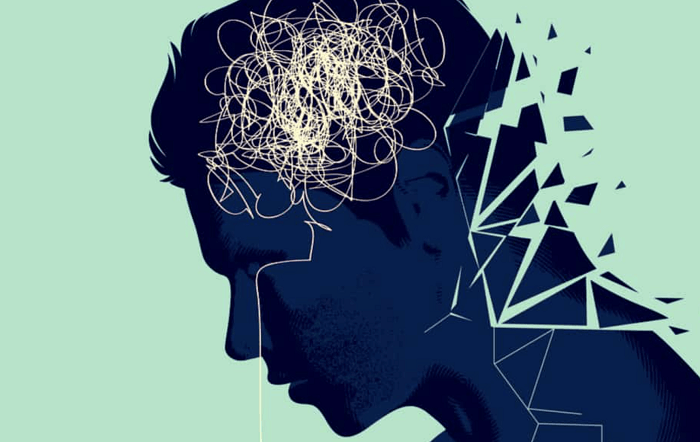Mood swings can be a challenging and distressing part of various life stages, especially during menopause. Many women wonder if hormone replacement therapy (HRT) can be the answer to regaining emotional stability.
Mood swings during menopause or other hormonal – related times can range from mild irritability to severe bouts of depression and anxiety. These changes are often linked to the complex hormonal shifts occurring in the body. Estrogen and progesterone levels, which are crucial for emotional well – being, can fluctuate significantly, wreaking havoc on a woman’s mood.
HRT involves supplementing the body with hormones, usually estrogen and progesterone, to counteract the hormonal decline. Estrogen has a profound impact on the brain’s neurotransmitters, such as serotonin, which is known as the “feel – good” hormone. By maintaining more stable estrogen levels, HRT may help regulate these neurotransmitters, potentially improving mood. Progesterone also plays a role. It has a calming effect on the nervous system and can influence mood stability.
For some women, especially those who have had a hysterectomy, estrogen – only HRT may be an option. This can be administered in various forms, such as pills, patches, or gels. Estrogen – only HRT aims to boost the declining estrogen levels. By doing so, it may alleviate mood swings associated with estrogen deficiency. However, this type of HRT may have its own set of risks and benefits that need to be carefully considered.
Combined HRT, which includes both estrogen and progesterone, is often used for women with an intact uterus. This type of HRT mimics the body’s natural hormonal balance more closely. The progesterone in combined HRT helps protect the uterus from potential negative effects of estrogen. In terms of mood, the combination can provide a more comprehensive approach to managing mood swings by addressing both estrogen – and progesterone – related imbalances.
Research on the effectiveness of HRT for mood swings has shown both positive and cautionary results. Some studies have indicated that women on HRT experience a significant reduction in mood swings, depression, and anxiety symptoms. They report feeling more like themselves again, with greater emotional stability. However, other research has raised concerns. Long – term use of HRT, especially in certain formulations, may be associated with an increased risk of certain health issues, such as breast cancer and blood clots. The relationship between HRT and mood improvement must be weighed against these potential risks.
When considering HRT for mood swings, it’s essential to be aware of potential side effects. These can include bloating, breast tenderness, weight gain, and changes in libido. Additionally, as mentioned earlier, there are health risks associated with long – term HRT use. Every woman’s body is different, and factors such as age, family history, and pre – existing medical conditions play a significant role in determining the suitability of HRT.
In conclusion, HRT holds the potential to help with mood swings for many women. However, it’s a decision that should be made in consultation with a healthcare provider. A thorough understanding of the benefits, risks, and individual health factors is crucial in determining whether HRT is the right choice for managing those pesky mood swings.
Read more
- Managing Mood Swings During Perimenopause: Strategies and Support
- What Can I Take for Perimenopause Mood Swings?
- What Does Ovestin Cream Help With?


